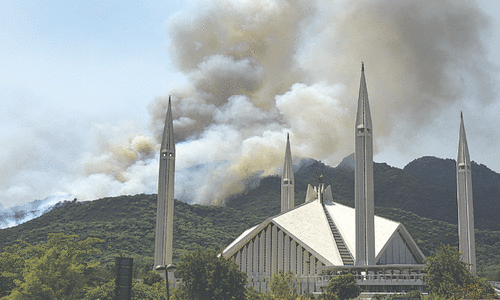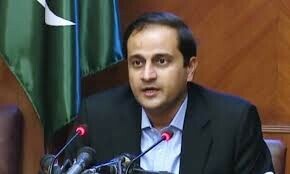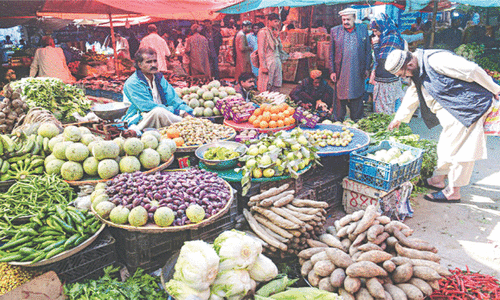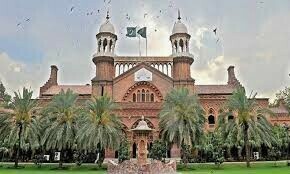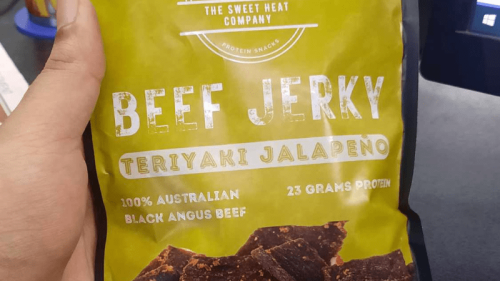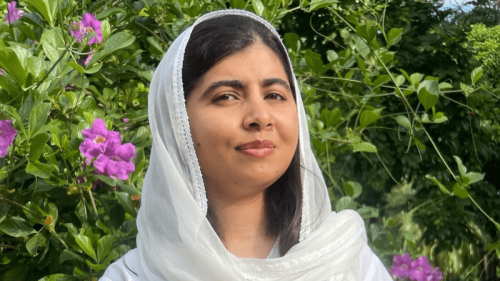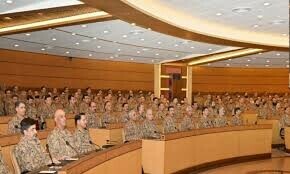
Discrimination on the basis of race or ethnicity has unfortunately become ingrained within our society.
From insensitive jokes about certain ethnic groups to stereotypical views of people from different cultural backgrounds, racial slurs are becoming alarmingly commonplace in day-to-day discourse.
Dawn spoke to senior journalist Wusatullah Khan and asked him about the more abstract implications of the racial profiling of Pakhtuns and other ethnic groups in Pakistan.
Q: Do you see the racial profiling of Pakhtuns as a recent phenomenon or was the seed for such discrimination planted long ago?
A: Racial profiling or discrimination on the basis of ethnicity is not a new phenomenon, even in the West. The German citizens of the US were looked upon with suspicion during WWII, while separate camps were established for Japanese families during this period.
Similarly, Muslims faced similar treatment after 9/11, including the questioning of suspected individuals. The west now has software so advanced that they can separate individuals with certain names at airports from the rest of the passengers.
As for Pakistan, racial profiling is not a new phenomenon here at all; it’s just that perhaps Pakhtuns were not expecting it.
This kind of treatment, i.e. being looked upon with suspicion, was faced by Bengalis in 1971. Officers from East Pakistan were not posted to sensitive and important
positions during and after the fall of Dhaka. I have also heard – though I do not know this for a fact – that even MM Alam was sidelined in the 1971 war, as he was born in East Pakistan.
Q: Do you think there is an institutional bias against Pakhtuns that is tantamount to racism against Afghans and even Pakistani Pakhtuns?
A: There are some facts to support actions by security personnel, since most of those involved in suicide bombings, or those who participated in the Afghan war along with the Taliban and remained affiliated with Lal Masjid were from the Pakhtun belt.
Police and other security personnel take decisions based partly on facts and partly on generally held notions, but this will eventually increase the gap among the various communities. Institutions have to be more responsible than individuals.
It is true that most of the raids and terrorist attacks have been conducted by militants and terrorists belonging to Punjab. The term ‘Punjabi Taliban’ has been used widely by the authorities and agencies have even reported that sectarian attacks in Balochistan were masterminded in Punjab. However, there is no such profiling of Punjabis living in KP or Sindh.
Q: Why do you think that is the case?
A: We have been ingrained with these prejudices from childhood and this is reflected when we enter professional life. We are told that such and such is bad, like Hindus are Indian agents, Pakhtuns are smugglers etc.
Since a vast majority of the security apparatus is drawn from Punjab, therefore they tend to ignore the fact that most of the attacks on security forces have been conducted by Punjabis. But in Balochistan, there is widespread sentiment against Punjabis and nationalists consider even ordinary people coming from Punjab as agents.
Published in Dawn, November 18th, 2015


